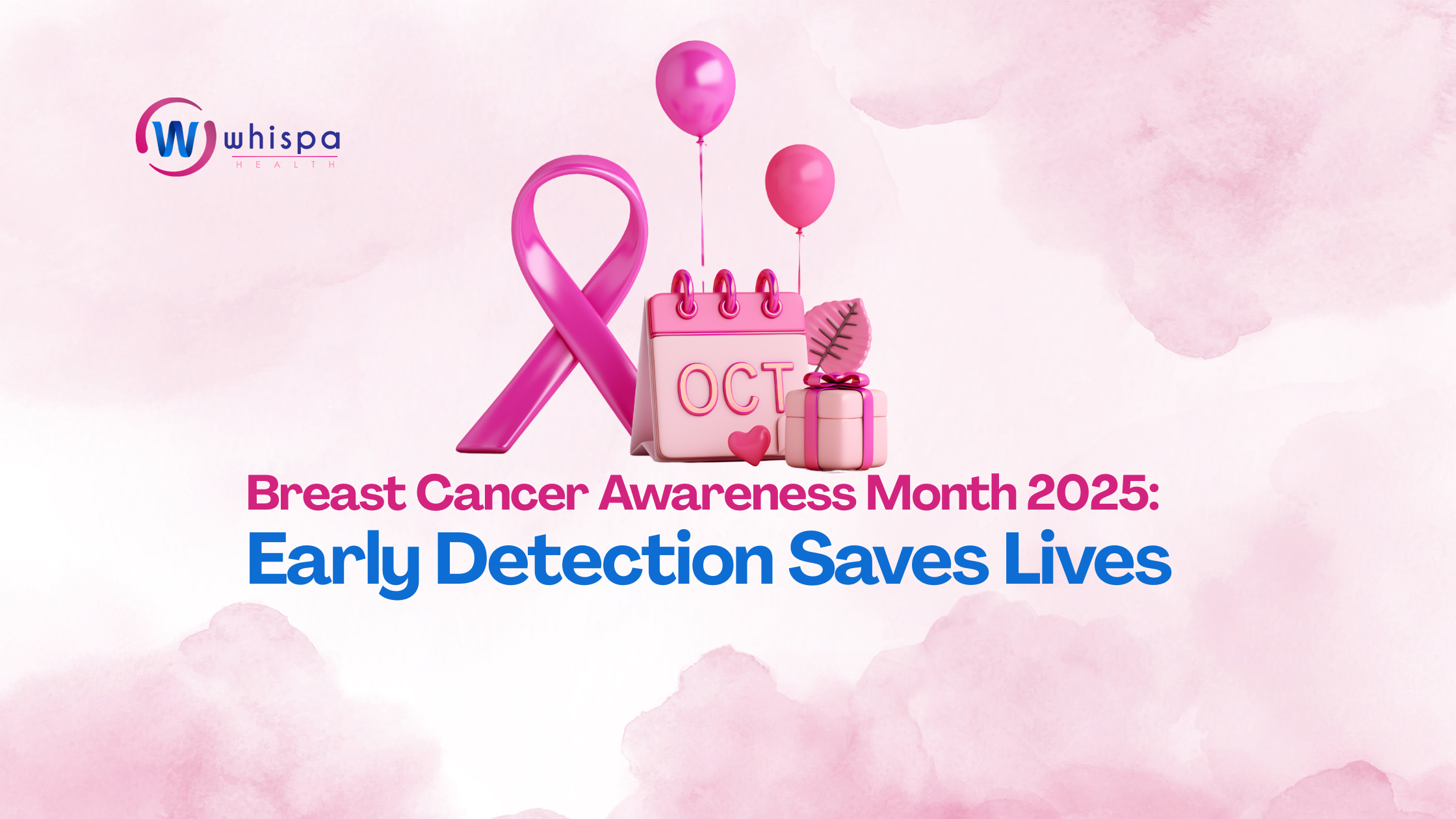By: Larizza De Vera
Navigating health issues, especially ones tied to fibroids and fertility, can feel like a real rollercoaster. In this guide, we’re diving into the complex realm of fibroids. You will learn about how they can mess with fertility and what options we’ve got on the table when it comes to contraceptives.
What are Uterine Fibroids?
Think of fibroids like unexpected guests in your uterus – non cancerous ones, though. They come in different sizes, making themselves at home for many women worldwide. Fibroids can cause symptoms like:
– Heavy periods
– Pelvic pain
– Changes in bathroom habits
Recognizing these signs is crucial for getting timely help.
Diagnosis and Detection
Understanding fibroids is like piecing together a puzzle about what’s going on inside your body. The methods used to detect them are tools that give you a clear picture. Let’s take a closer look at the different methods used to spot these growths.
– Ultrasound. Ultrasound is commonly used to get a visual of the uterus. This procedure identifies the presence, size, and location of fibroids.
– MRI (Magnetic Resonance Imaging). MRI provides a clearer picture of the fibroids, helping your doctor plan appropriate treatment.
– Hysteroscopy. The doctor inserts a lighted, thin tube into the uterus. This tool allows a direct view of any fibroids that may be causing symptoms.
Remember, regular check-ups with doctors help spot fibroids on time.
Treatment Options
The spectrum of treatment options for fibroids caters to different scenarios. Women must be aware of these options to make informed decisions about their health. These are some of the options:
1. Minimally Invasive Procedures
An interventional radiologist can treat fibroids using minimally invasive procedures. These specialists use imaging techniques to guide procedures, reducing the need for extensive surgery.
2. Medical Interventions
Hormonal treatments can help manage symptoms and control fibroid growth. Some of these are:
-Hormone-releasing intrauterine devices (IUDs)
These interventions aim to regulate the menstrual cycle and relieve discomfort.
3. Surgical Procedures
The options range from minor invasive procedures to traditional ones:
– Laparoscopic surgery
– Myomectomy
– Hysterectomy
4. Alternative Therapies
There’s a whole world of alternative therapies that can complement medical treatments. These include:
– Acupuncture
– Herbal remedies
– Dietary supplements
While they are not standalone treatments, they may contribute to well-being and symptom management.
Impact on Fertility
Fibroids can play a little trick on your plans to get pregnant. While not all fibroids cause trouble, some can be a bit mischievous, causing:
– Disruption in the uterine environment
– Problems in embryo implantation and development
– Recurrent pregnancy loss
And it doesn’t stop there – fibroids can shake things up with your ovulation and mess with the quality of your eggs.
The Importance of STI Test in Fertility Evaluation
When thinking about how things can affect your ability to have a baby, it’s important to think about infections you can get through intimacy (STIs). These infections can mess with your chances of getting pregnant. This is why it’s really necessary to book an STI test as part of your baby-making health check. Finding and treating these infections early gives your reproductive health a boost, making sure everything works just right.
Strategies to Keep Fertility Safe
There are some strategies if you look to keep fertile while dealing with fibroids. Getting to know these strategies is very helpful to choose the right one:
1. Fertility Preservation Methods. This method can track the best time for conception. Ovulation tracking uses tools like predictor kits and fertility apps.
2. Lifestyle Adjustments. Another strategy includes:
– A balanced diet
– Regular exercise
They team up to make sure your body is in top-notch condition.
3. Fertility-Preserving Surgeries. When you need to remove fibroids while keeping your uterus intact, think of a myomectomy.
Coping Strategies
Here are some alternatives to cope with the situation in a calmer way:
1. Mindfulness Practices. Such as meditation and deep breathing exercises. These can help manage stress and emotional well-being.
2. Educational Resources. Accessing reliable educational resources and staying informed is crucial. Knowing about the journey ahead helps to navigate challenges in a better way.
Contraceptive Considerations
If you are dealing with fibroids, picking the right contraceptives is a game-changer. It’s not just important; it’s your secret weapon in this reproductive health journey. Let’s break down the key considerations to help you navigate the world of contraceptives with fibroids in mind:
1. Hormonal Contraceptives. Pills, patches, and hormonal IUDs can regulate your menstrual cycle. But weigh the pros and cons with healthcare pros.
2. Non-Hormonal Contraceptives. Barrier methods and fertility awareness are alternatives, providing defense without messing with hormones. Consider what suits you best. Remember, you can get a Contraceptive at a hospital.
3. Barrier Methods. Condoms and diaphragms, as non-hormonal options, are worth considering if you have fibroids. They provide contraceptive benefits without directly affecting hormonal balance or fibroid growth.
4. Personal Preferences. Your comfort and preferences matter. Whether it’s the convenience of a daily pill or long-acting contraceptives, choosing a method that aligns with your lifestyle is crucial.
5. Consult with Your Doctor. When it comes to making decisions about your health, having a chat with your doctor is the key. Opening up the conversation about your choices gives you personalized advice. It also helps tailor recommendations to fit your reproductive goals. So, don’t hesitate – let those discussions flow!
Conclusion
In this guide, we’ve navigated the complex terrain of fibroids, fertility, and contraceptives. With the right knowledge, you can take proactive steps about your health. This ensures a brighter and more empowered future. Remember, your journey is unique. There are choices available to support you every step of the way.




